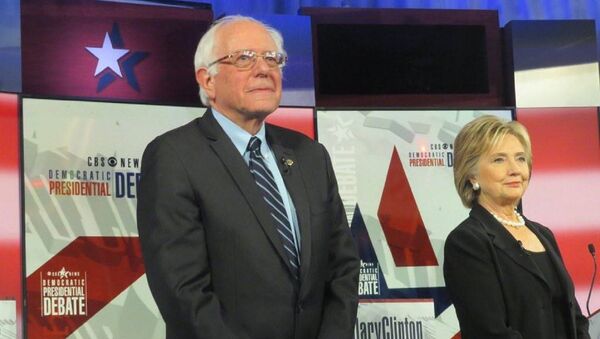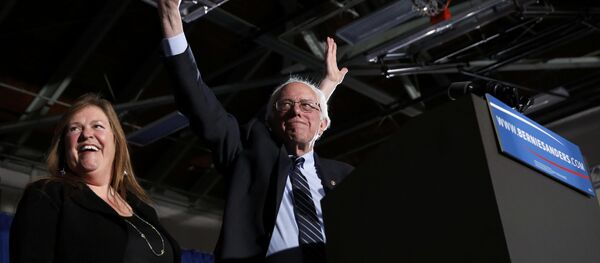On Super Tuesday, Sanders dominated his home state of Vermont with 72% of the vote. His rival Hillary Clinton failed to reach the 15% threshold to make her viable to be awarded delegates in that state.
Even in states that Clinton won, Sanders held up among younger and first-time voters. Among those aged 18-29, Sanders won by a 30-point margin in Texas, 39 points in Virginia, 13 points in Georgia, and a remarkable 24% in Clinton’s home state of Arkansas, where her husband Bill Clinton once served as governor.
On February 17, respected pollster Nate Silver published a chart of the states that Sanders needs to win to get the Democratic nomination. Despite his extremely narrow 2% loss in Massachusetts, Sanders won the other states he needed by a higher margin than expected. The electoral map also is set to become a lot more favorable toward Sanders after March 15, as the primaries move away from Republican Southern states, in which Clinton has traditionally done well.
Of the 35 states remaining, only two are southern Republican states, viewed by some as the only states she could carry, journalist James Woods noted. The projected polling of 30 of the 35 remaining states is currently within a margin of error, meaning the Democratic nomination is still anyone’s game.
As US Uncut reported, “if Sanders stays within 150 delegates, by that benchmark, he can potentially narrow Clinton’s lead in the spring and overtake her in the summer as Sanders-favorable coastal states take to the polls.”
Another thing working in the Vermont Senator’s favor is money. Sanders has continued his streak of collecting millions in small donations, raising $43 million in February, at least $4 million of it on Monday alone. His refusal to give up also forces Clinton to spend more of her campaign war chest, much of which she likely intended to save for the general election in November.
"We have come a very long way in 10 months,” Sanders announced at his Vermont rally on the evening of Super Tuesday. “At the end of tonight, 15 states will have voted, 35 states remain. And let me assure you that we are going to take our fight for economic justice, for social justice, for environmental sanity, for a world of peace, to every one of those states.”
"This campaign is not just about electing a president," Sanders said. "It is about transforming America."
In the 2008 election cycle, President Barack Obama did not overtake Clinton’s lead until May, and she stayed in the race until June.
The former secretary of state polls poorly with regard to her perceived honesty and trustworthiness, with only 36% believing that she is truthful. Sanders, on the other hand, has the trust of 59% of Democratic voters, an issue which can help him in the long term, and particularly in the November general election.
Even if Sanders is unable to overtake Clinton’s lead, he is continuing to spread his populist message of equality in a big way, which many hope will have an effect on US politics in the long run.




